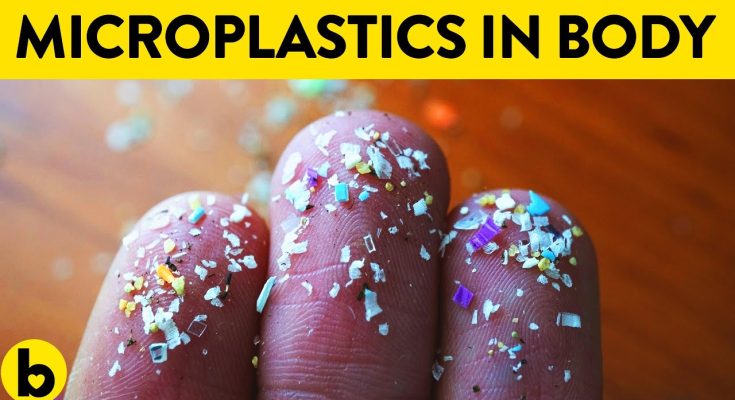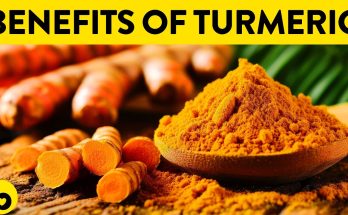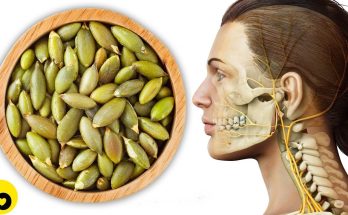Microplastics—tiny plastic particles found in food, water, and air—have made their way into the human body, potentially causing health issues. While research is ongoing, here are seven effective ways to help remove microplastics from your system and reduce their impact on your health.
1. Increase Fiber Intake
Eating fiber-rich foods like fruits, vegetables, whole grains, and legumes supports digestion and helps flush out microplastics. Fiber binds to unwanted substances in the gut and aids in their removal through waste.
2. Stay Hydrated
Drinking plenty of water helps cleanse your system by promoting regular urination and digestion. Opt for filtered water rather than bottled water, which often contains microplastics.
3. Eat More Antioxidant-Rich Foods
Antioxidants help neutralize oxidative stress caused by microplastics. Berries, nuts, green tea, and dark leafy greens contain powerful antioxidants that protect cells and support detoxification.
4. Support Liver Detoxification
Your liver plays a crucial role in breaking down and removing toxins, including microplastics. Foods like turmeric, garlic, cruciferous vegetables (broccoli, Brussels sprouts), and green tea can enhance liver function.
5. Consume Probiotics and Fermented Foods
A healthy gut microbiome helps eliminate toxins, including microplastics. Eating yogurt, kimchi, sauerkraut, kefir, and miso supports digestion and strengthens gut health.
6. Sweat It Out
Regular exercise and sauna sessions promote sweating, which helps eliminate toxins through the skin. Activities like jogging, yoga, or using an infrared sauna can aid in detoxification.
7. Avoid Further Exposure
Reduce your intake of microplastics by using glass or stainless steel containers instead of plastic, filtering tap water, and choosing fresh, organic foods over processed items.
By following these steps, you can help your body remove microplastics and maintain better overall health!



